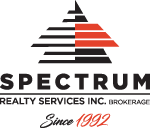What You Need to Know About the Vacant Home Tax 2024
In an effort to address housing scarcity, some municipalities in Ontario have implemented a policy called The Vacant Home Tax (VHT), which is a levy placed on properties that remain unoccupied for more than six months of the year.
In 2024, the rules surrounding The Vacant Home Tax have changed. If you’re an investor in a rental property (or thinking of becoming one) here are some key considerations that may affect you.
What is the Vacant Home Tax?
The VHT is a tax of between 1% and 3% of the property value paid annually. The tax is administered by individual municipalities and applicable to all residential properties within the municipality's borders.
The purpose of the VHT is to discourage homeowners from leaving properties empty and increase housing supply for renters or buyers. Though this tax is currently only in effect in Hamilton, Ottawa, and Toronto, there has been interest from municipalities in the regions of Peel, York, Halton and Durham to introduce the tax.
What Has Changed in 2024
The VHT was first introduced in 2022 at a rate of 1% of a property’s Current Value Assessment (CVA). In 2024, this rate has increased to 3% (i.e. a home subject to the tax valued at $1 million in 2022 would have owed $10,000, whereas the same home with the same valuation in 2024 would owe $30,000).
By a predetermined deadline, proprietors must declare the occupancy status of a property for the previous calendar year in order to determine their current VHT. The deadline to declare the occupancy of a property for the 2023 tax year was February 29, 2024, which determined 2024’s VHT for said property.
How Does it Work?
It is always best to check with your municipality for information on the filing deadline and eligible exemptions. For a general understanding, here is a rough breakdown of the process:
Declaration: A home must be declared “vacant” if it is not the owner’s primary residence, the primary residence of an authorized occupant (ex. relative or tenant), or eligible for exemption that tax year (ex. undergoing major renovations/repairs or there has been a transfer of ownership).
Assessment: Municipalities use various methods to verify the declarations made, including verifying supporting documents or cross-referencing declarations from previous years.
Tax Bill: Should the municipality deem a property as vacant for the specified year, the homeowner will receive a tax bill based on the assessment.
If you’re thinking of purchasing a rental property, let the experts help. Contact us today to learn more.


